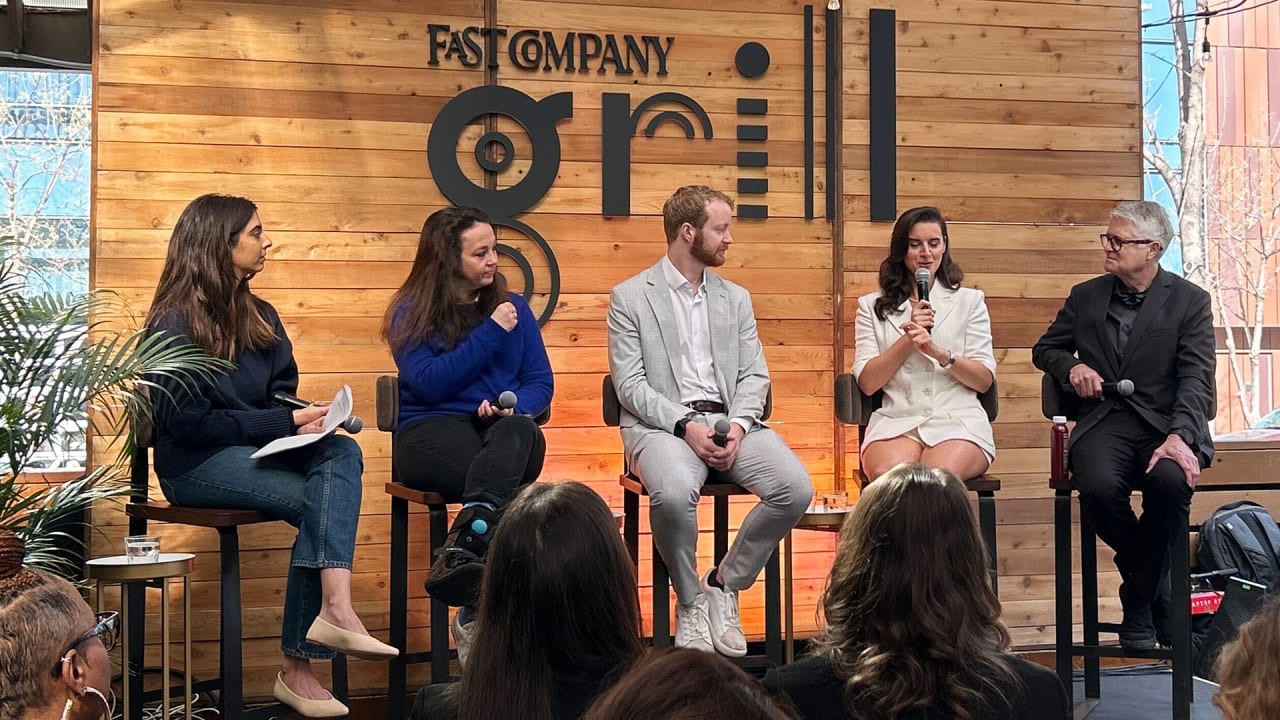
Use these techniques to empower employees at every stage.
In the dynamic landscape of small and medium-sized enterprises (SMEs), effectively engaging and retaining employees is a crucial determinant of success. One innovative approach that has gained prominence is job crafting, a concept that allows employees to shape their roles to better fit their strengths, interests, and evolving career aspirations. This personalized approach is particularly beneficial in SMEs, where resources might be limited, but the potential for meaningful work and close-knit workplace culture is high. This article explores how job crafting can be tailored to meet the diverse needs of employees across different stages of their career, from early career to legacy phases.
Understanding Job Crafting
Job crafting refers to the proactive behaviors employees engage in to modify their job roles, tasks, and interactions to better align with their personal and professional needs. It typically encompasses three dimensions:
- Task Crafting: Altering the type, scope, or number of tasks performed.
- Relational Crafting: Changing the nature or extent of interactions with colleagues and stakeholders.
- Cognitive Crafting: Reframing how one perceives the job to make it more meaningful.
Early Career Employees

Challenges: Early career employees often face the challenge of establishing themselves, gaining experience, and navigating organizational cultures. They might feel uncertain about their career paths and seek opportunities to learn and grow.
Job Crafting Strategies:
- Skill Development Opportunities: Encourage task crafting by allowing early career employees to take on diverse projects that build a broad skill set. Rotational programs within the SME can be effective.
- Mentorship Programs: Promote relational crafting through mentorship schemes, pairing early career employees with experienced colleagues who can provide guidance, feedback, and professional advice.
- Purposeful Work Assignments: Facilitate cognitive crafting by linking everyday tasks to the organization’s larger mission and values, helping employees see the impact of their contributions.
Example: A junior marketing associate in an SME might be allowed to lead a small campaign, participate in strategy meetings, and receive regular mentorship from a senior marketer. This approach helps them develop skills, build relationships, and understand the significance of their role in the company’s success.
Mid-Career Employees

Challenges: Mid-career employees often seek opportunities for advancement, greater responsibility, and balance between work and personal life. They might also face the risk of stagnation or burnout.
Job Crafting Strategies:
- Leadership Development: Enable task crafting by providing leadership opportunities, such as heading new projects or departments, which can prepare them for higher roles.
- Team Collaboration: Enhance relational crafting by fostering cross-functional teams and collaborative projects, allowing mid-career employees to build a wider professional network within the SME.
- Work-Life Integration: Support cognitive crafting by promoting flexible work arrangements and emphasizing work-life balance, which can reignite passion and motivation.
Example: An experienced software developer might be given the chance to lead a new product development team, collaborate with different departments, and work flexible hours to better manage personal commitments. This not only advances their career but also maintains their engagement and well-being.
Late Career and Legacy Employees

Challenges: Late career employees often focus on legacy, knowledge transfer, and preparing for retirement. They may seek ways to remain relevant and contribute meaningfully while also thinking about succession planning.
Job Crafting Strategies:
- Mentorship and Knowledge Transfer: Encourage task crafting by involving them in training and mentoring programs, where they can share their expertise and experience with younger employees.
- Advisory Roles: Promote relational crafting by creating advisory roles that allow them to influence strategic decisions without the demands of daily operational tasks.
- Legacy Projects: Facilitate cognitive crafting by engaging them in legacy projects that align with their interests and allow them to leave a lasting impact on the organization.
Example: A senior financial advisor might transition into a part-time advisory role, lead a financial literacy initiative within the SME, and mentor upcoming talent. This approach leverages their experience, fosters knowledge transfer, and ensures they leave a meaningful legacy.
Implementing Job Crafting in SMEs
To effectively implement job crafting across different career stages, SMEs should consider the following steps:
- Assess Individual Needs: Regularly conduct assessments to understand the aspirations, strengths, and needs of employees at different career stages.
- Promote a Culture of Flexibility: Cultivate an organizational culture that values flexibility, open communication, and employee empowerment.
- Provide Resources and Training: Offer training programs that equip employees with the skills needed to engage in job crafting, such as time management, leadership, and communication skills.
- Monitor and Adjust: Continuously monitor the impact of job crafting initiatives and be prepared to make adjustments based on feedback and changing organizational needs.
Conclusion
Job crafting offers a powerful approach for SMEs to tailor roles to the unique needs of employees across different career stages. By implementing targeted strategies for early career, mid-career, and legacy employees, SMEs can enhance job satisfaction, increase retention, and ultimately drive organizational success. Embracing job crafting not only benefits employees by aligning their roles with their personal and professional goals but also helps SMEs maximize their human capital in a competitive business environment.
#Tailoring #Job #Crafting #Approaches #Employee #SMEs #Early #Career #Legacy



